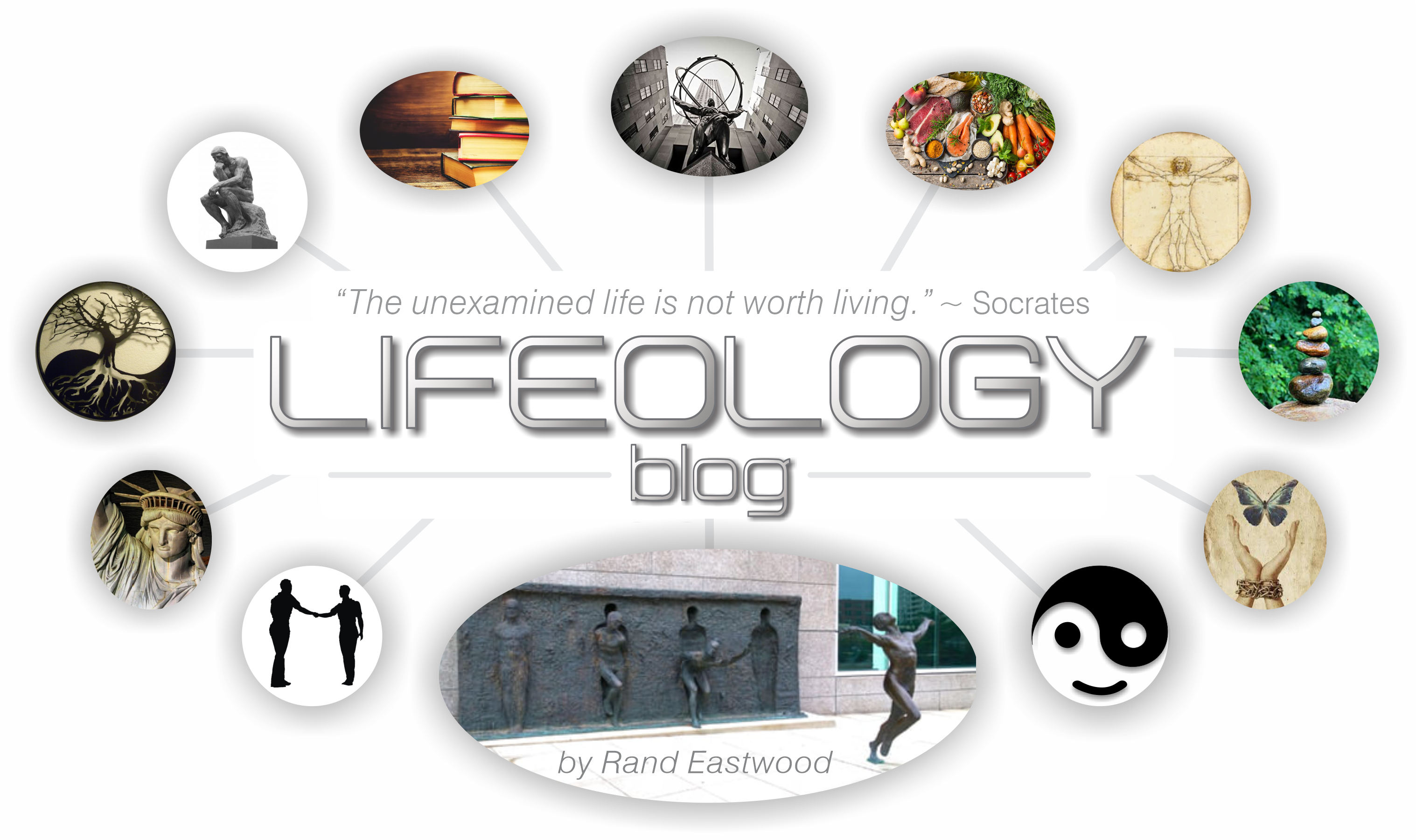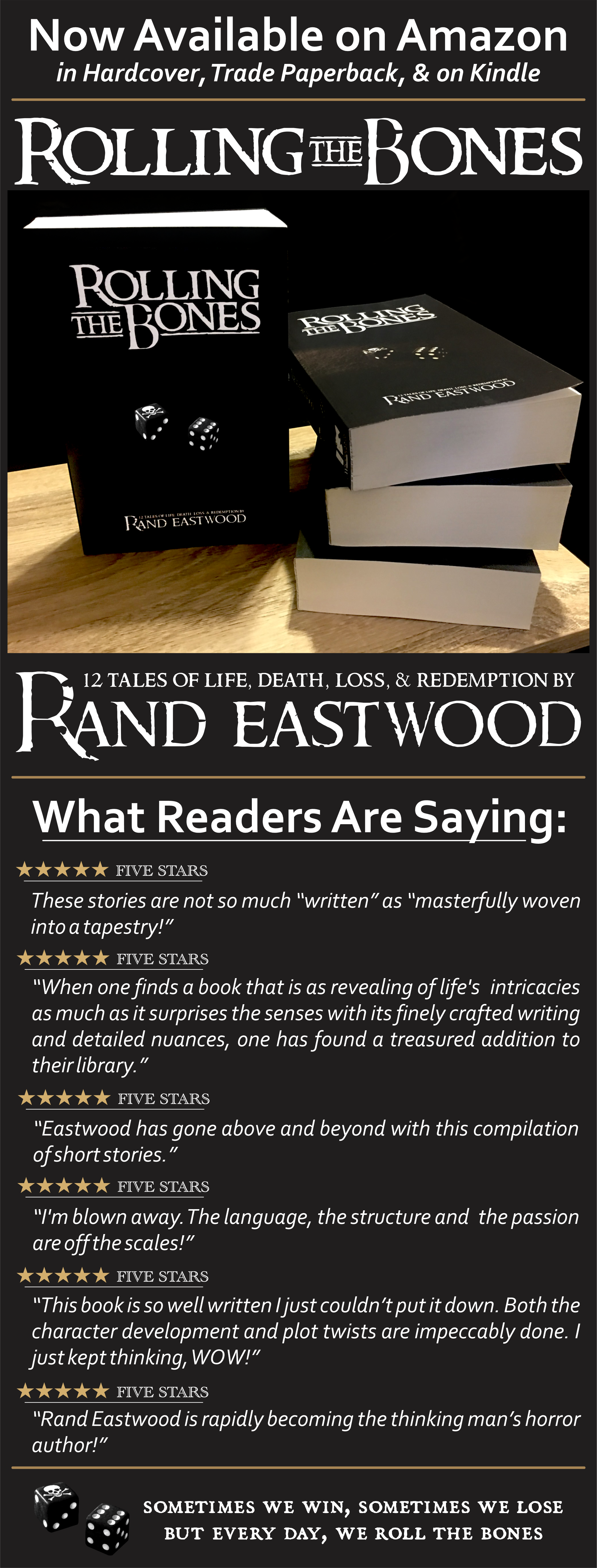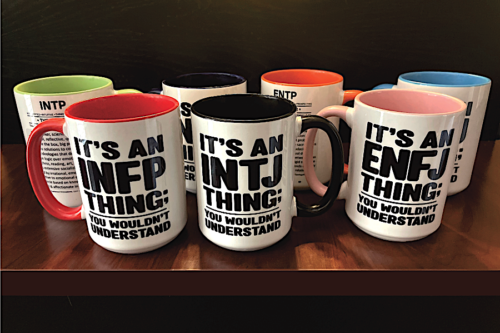At the beginning of his forward to A. G. Sertillanges’ The Intellectual Life: Its Spirit, Conditions, Methods, Catholic Priest and Political Philosophy Professor James V. Schall, S. J. makes mention of a letter, believed to be written by St. Thomas Aquinas to “a certain Brother John, in which are enumerated Sixteen Precepts for Acquiring the Treasure of Knowledge.”
Needless to say, Schall’s brief reference sent me on a quest for said advice, and I eventually found both the original text (translated from Latin), which I’ve listed below, along with various more modern interpretations (in parenthesis), included where helpful.
(NOTE: I have since discovered multiple versions/translations of the original text (examples: here, and here), but have no way of discerning which might be the most accurate, so I’ve decided to stick with the original text used in this article, and ask the reader’s understanding if it varies somewhat with others).
UPDATE 06/16/2024: Not only has this article risen to become the #1 most-viewed article on this entire blog, but I also recently read a passage—again in A. G. Sertillanges’ The Intellectual Life: Its Spirit, Conditions, Methods, as aforementioned—which not only references St. Thomas and his 16 precepts, but also the pursuit of Truth—one of the core tenets of this blog. So I was compelled to update the article with the new passage, and re-share it:
“In the organization of our life, the essential point to safeguard, in view of which all the rest is necessary, is the wise provision of solitude, exterior and interior. St. Thomas is so deeply convinced of this that of sixteen counsels to the intellectual, he devotes seven to external contacts and to the retired life.”
“The wine-cellar mentioned here [#6]. . .is the secret dwelling-place of truth, of which from afar the perfume attracts the spouse [referring to one who has wed Truth], that is the fervent soul; it is the abode of inspiration, the radiant center of enthusiasm, of genius, of invention, of ardent search; it is the scene of the activity of the mind and its wise delight. To enter into that dwelling, we must give up commonplace things; we must practice retirement, of which the monastic cell is the symbol. “In the cells, and along the great corridors,” writes Paul Adam (Dieu, p. 67), “silence is like a splendid person, clad in the whiteness of the walls, keeping watch.” What does she keep watch over, if not prayer and work?
Therefore, be slow to speak and slow to go to those places where people speak, because in many words the spirit is poured out like water; by your amiability to all, purchase the right really to frequent only a few whose society is profitable; avoid, even with these, the excessive familiarity which drags one down and away from one’s purpose; do not run after news that occupies the mind to no purpose; do no busy yourself with the sayings and doings of the world, that is with such that have no moral or intellectual bearing; avoid useless comings and goings which waste hours and fill the mind with wondering thoughts. These are the conditions of that sacred thing, quiet recollection. Only in this way does one gain access to the royal secrets which are the happiness of the Spouse [again, one who has wed Truth]; only by this mode of living does one hold oneself respectfully face to face with truth.”
And further:
“Children are taught “to give their heart to God”; the intellectual, a child in that respect, must in addition give his heart to Truth; he must remember that he is her servant, repudiate her enemies within himself, love her enemies without, so that they may return to her, and willingly accept the efforts that for the coming day Truth asks of him.”
Anyway, I hope you find the following wisdom as insightful as I did:
“Because you have asked me, my brother John, most dear to me in Christ, how to set about acquiring the treasure of knowledge, this is the advice I pass on to you. Such is therefore my advice on your way of life:
1. That you should choose to enter by the small rivers, and not go right away into the sea, because you should move from easy things to difficult things (attempt the easier first, then move to the difficult)
2. I suggest you be slow to speak (speak carefully/cautiously)
3. Be also slow to go to the room where people chat (avoid places of talk/gossip)
4. Embrace purity of conscience
5. Do not stop making time for prayer
6. Love to be in your room frequently, if you wish to be led to the wine cellar (love your home and be there often)
7. Show yourself to be likable to all, or at least try (be genial to all)
8. Do not show yourself as too familiar with anyone; because too much familiarity breeds contempt and will slow you in your studies (don’t be overly friendly with others in public, it breeds contempt, and causes distraction from your work)
9. Don’t get involved in any way in the deeds and words of worldly people (avoid altogether those who are toxic, materialistic, ego-centric, heartless, non-spiritual, etc.)
10. Above all, avoid idle conversation
11. Never mind who says what, but commit to memory what is said that is true (truth is truth regardless of who says it)
12. Work to understand what you read
13. Make yourself sure of doubtful points (research further any points that you’re unsure of)
14. Put whatever you can into the cupboard of your mind as if you were trying to fill a cup (remember any and all true and useful advice, fill your mind)
15. Seek not the things that are higher than you (avoid setting unrealistic or impossible goals, thereby wasting your time in futile effort)
16. Follow the steps of blessed Dominic, who produced useful and marvelous shoots, flowers and fruits in the vineyard of the Lord of Hosts for as long as life was his companion (walk in the footsteps of good and holy men)
If you follow these things, you will attain to whatever you desire.
Farewell.”
Like/Follow Lifeology Blog on Facebook • View Rand’s Books on Amazon
Visit Lifeology Store • Like/Follow Lifeology Store on Facebook
A Note To Readers:
If you found this article (or any of the others, for that matter) interesting, informative, entertaining, etc., please consider subscribing to the Lifeology email newsletter: simply enter your email into the form below (also in the right sidebar)—or, if you prefer, just use this simple quick sign-up form.
↓↓↓ Also, please hit the “Like” (thumbs up) button below. Thanks! ~ Rand





















